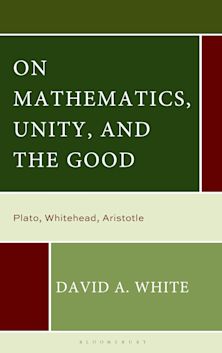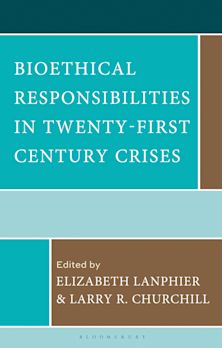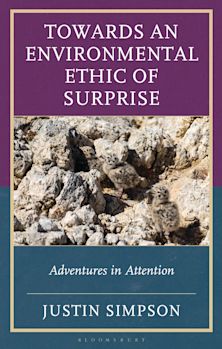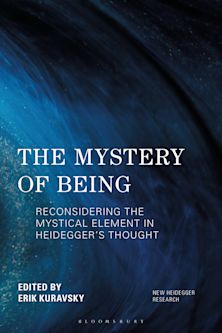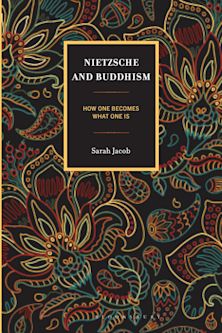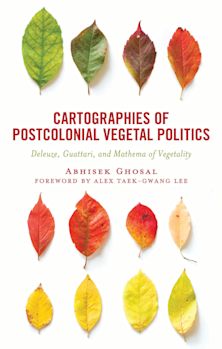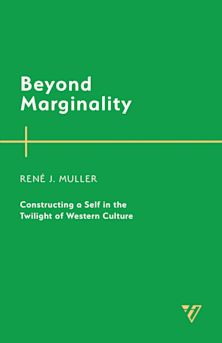- Home
- ACADEMIC
- Philosophy
- Philosophy - Other
- Readings in Humanist Sociology
Readings in Humanist Sociology
Social Criticism and Social Change
Walda Katz Fishman (Author) , George C. Benello (Author) , C George Benello (Contributor) , Joseph Fashing (Contributor) , David G. Gil (Contributor) , Ted Goertzel (Contributor) , James Kelly (Contributor) , Alfred McClung Lee (Contributor) , Robert Newby (Contributor) , David J. O'Brien (Contributor) , Victoria Rader (Contributor) , Sal Restivo (Contributor) , Jerold M. Starr (Contributor) , Richard S. Sterne (Contributor) , Michael Zenzen (Contributor)
Readings in Humanist Sociology
Social Criticism and Social Change
Walda Katz Fishman (Author) , George C. Benello (Author) , C George Benello (Contributor) , Joseph Fashing (Contributor) , David G. Gil (Contributor) , Ted Goertzel (Contributor) , James Kelly (Contributor) , Alfred McClung Lee (Contributor) , Robert Newby (Contributor) , David J. O'Brien (Contributor) , Victoria Rader (Contributor) , Sal Restivo (Contributor) , Jerold M. Starr (Contributor) , Richard S. Sterne (Contributor) , Michael Zenzen (Contributor)
You must sign in to add this item to your wishlist. Please sign in or create an account
Description
Fundamental crises exist and are intensifying in economic and political institutions worldwide. These crises are also expressed in the turmoil in the social and cultural spheres and in the personal lives of millions who are jobless, homeless, hungry, and powerless.
Humanist sociologists are activists rooted in the reality of history and change and guided by a concern for the "real life" problems of equality, peace, and social justice. They view people as active shapers of social life, capable of creating societies in which everyone's potential can unfold.
Alfred McClung Lee, introduces the volume with "Sociology: Humanist and Scientific" and develops the theme that a sociology that is humanist is also scientific. The other nine selections are grouped into four parts: "The Individual and Social Life" ; "Social Institutions: Technology, Science, and Formal Organization" ; "Political Structures: Issues of Justice and Equality" ; and "Methodological Critiques and Counterproposals."
David O'Brien and Richard Sterne suggest that the logic of social inquiry should be reversed. Victoria Rader analyzes the way in which the social system has constructed artificial stages in the human life cycle. David Gil argues that the paradigm of human society needs to be replaced by a paradigm embodying egalitarianism, cooperation, and liberty. Sal Restivo and Michael Zenzen call for a wholistic approach in both the physical and social sciences. C. George Benello argues for a higher and more complex form of organization that is liberating, self-governing, voluntaristic, and flexible. James Kelly arrives at an understanding of the meaning of "social justice," as an organizing and revolutionizing principle in social life. Walda Katz Fishman and Robert Newby focus on the current intensification of inequality and right-wing reaction as capitalism sinks deeper into its final crisis. Jerold Starr identifies the dominance of logical positivism in mainstream re
Table of Contents
Chapter 2 Sociology and Choice
Chapter 3 The Social Construction of Life-Cycle Crises
Chapter 4 Overcoming Cultural Impediments to Human Survival
Chapter 5 A Humanistic Perspective on Science and Society
Chapter 6 Toward a Grounded Theory of Humanist Organization
Chapter 7 Community and Social Justice: Pedagogical Reflections on Justice as Fairness
Chapter 8 Inequality
Chapter 9 Humanist Issues in Participant Observation Research
Chapter 10 The Myth of the Normal Curve: A Theoretical Critique and Examination of its Role in Teaching and Research
Product details
| Published | 01 Jan 1986 |
|---|---|
| Format | Ebook (Epub & Mobi) |
| Edition | 1st |
| Extent | 248 |
| ISBN | 9781461700289 |
| Imprint | Rowman & Littlefield Publishers |
| Publisher | Bloomsbury Publishing |
About the contributors
Reviews
-
I was most intrigued by this collection. The contributors are extremely useful for those of us who continue to search for alternatives based on a deep respect for human dignity.
Contemporary Sociology













